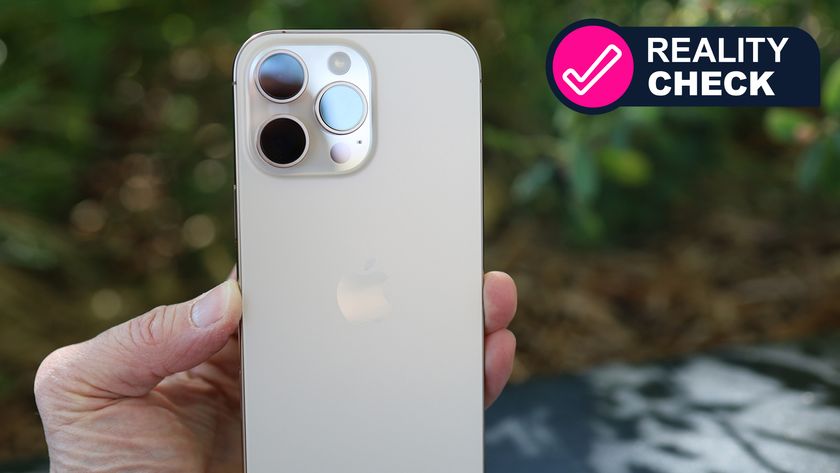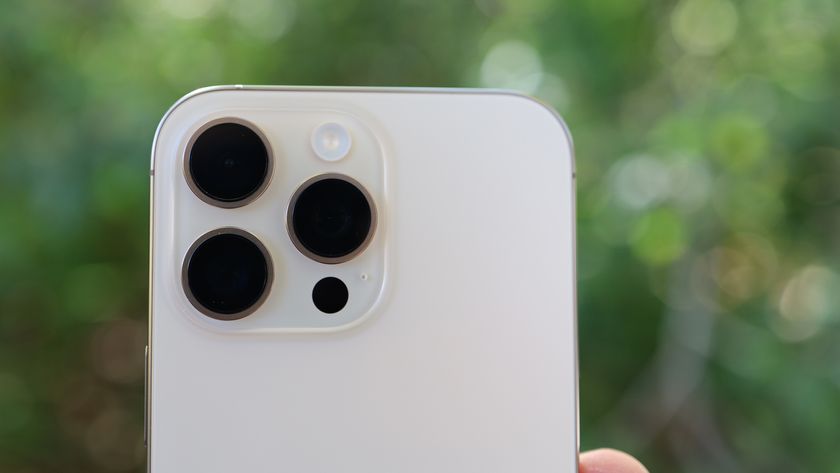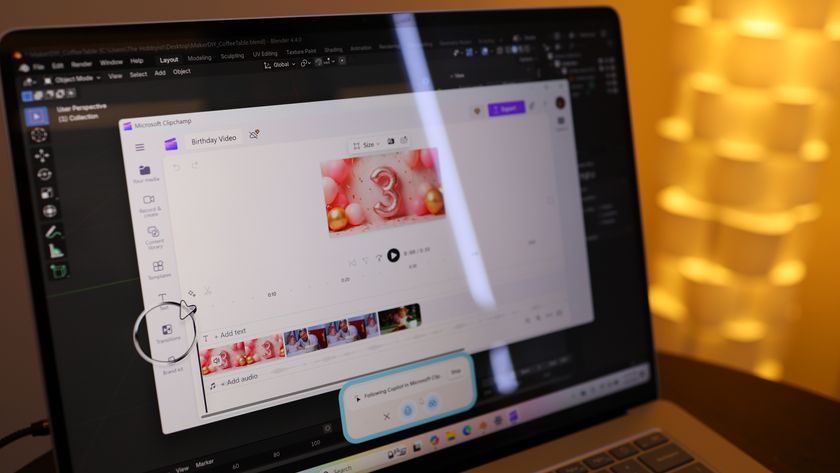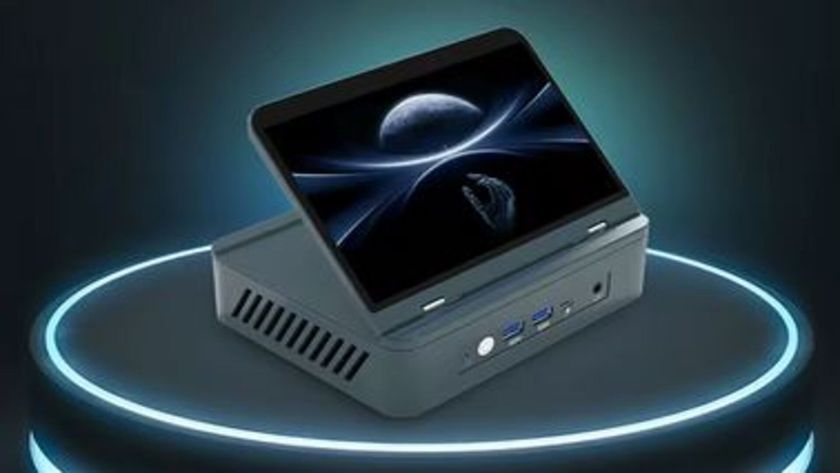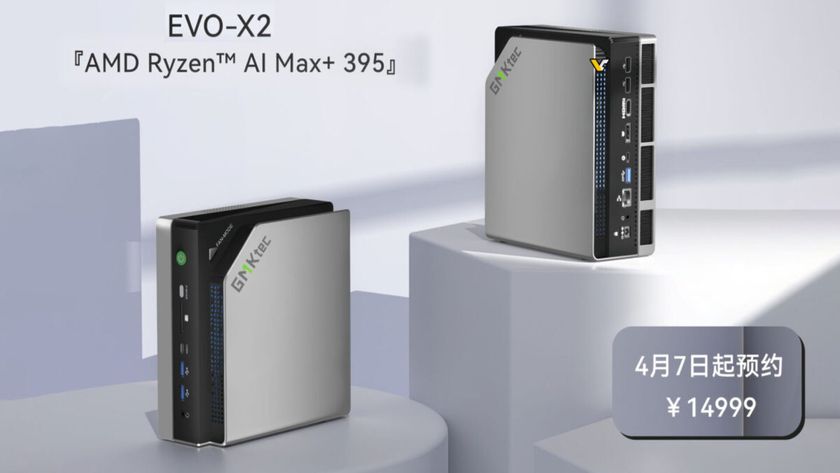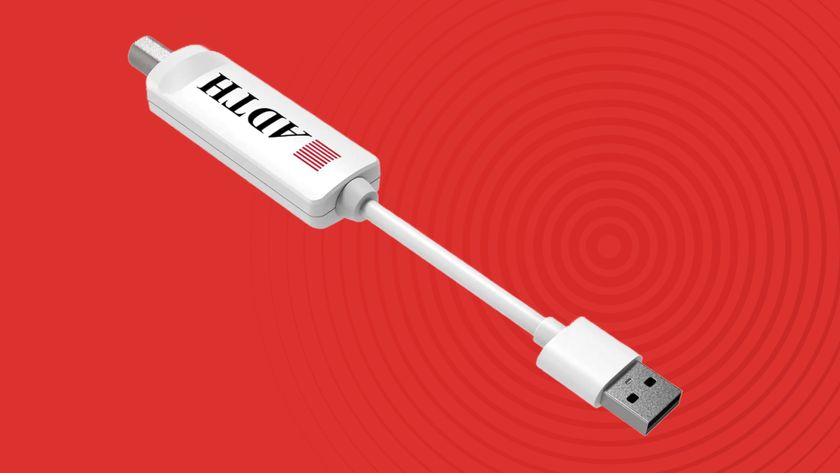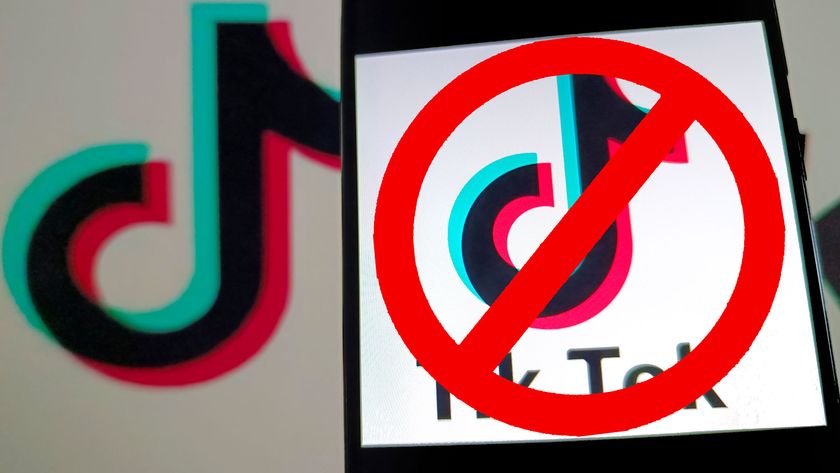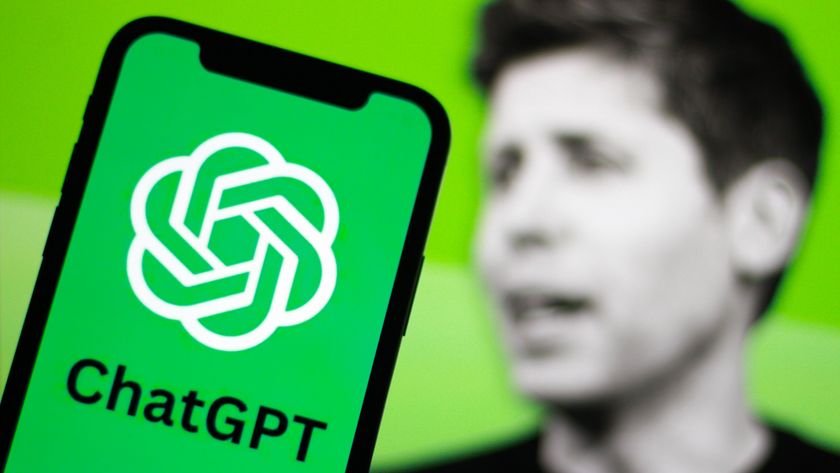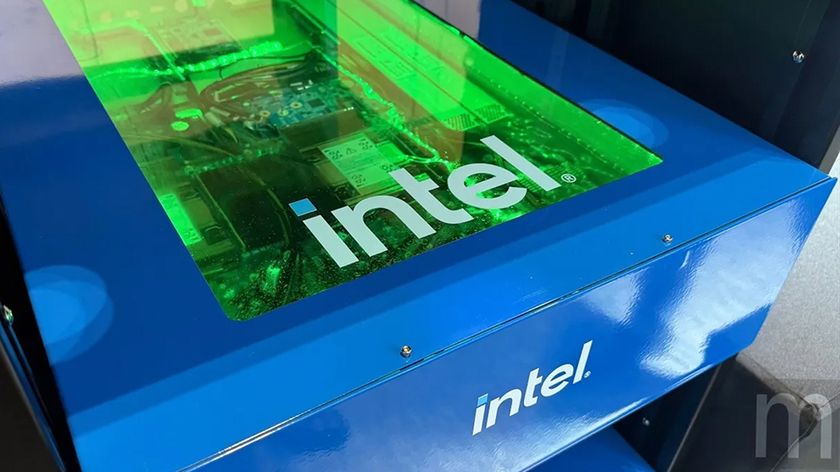Apple defends iPhone XR and XS pricing, says it's absorbing some cost overseas
'Pricing is a factor' says Apple CEO Tim Cook, but only when it comes to currency fluctuation
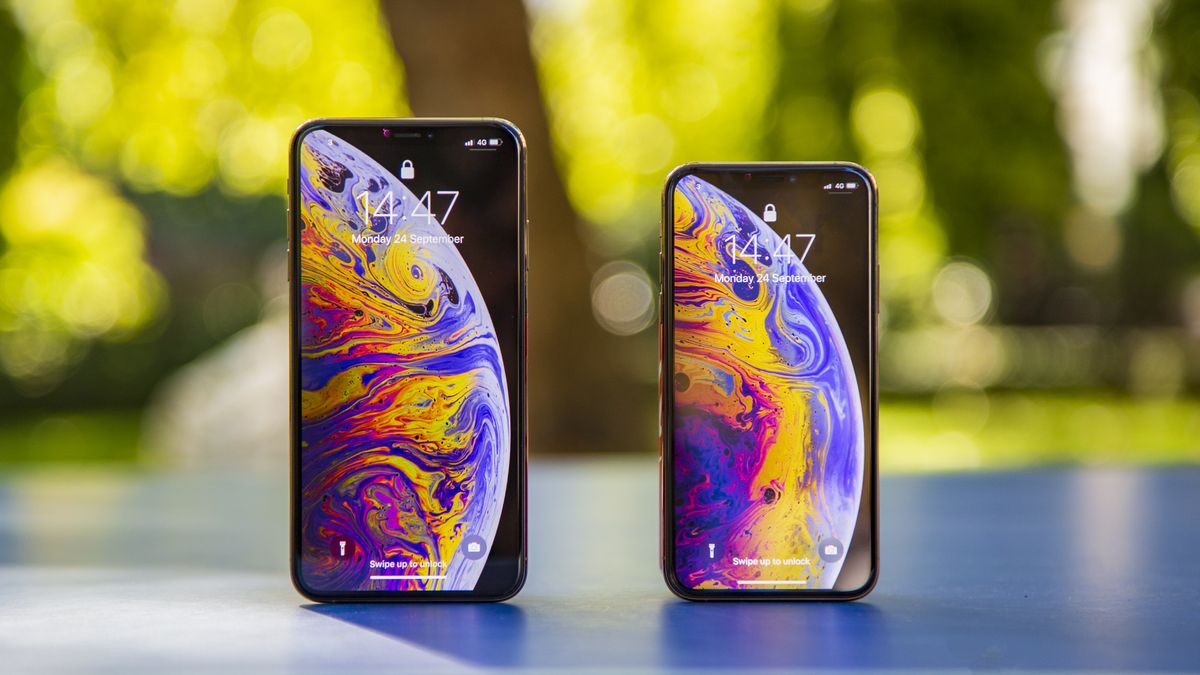
Surprise, Apple doesn't feel as if the iPhone XS and iPhone XS Max are too expensive, defending its pricing structure worldwide in today's earnings call.
"We priced the iPhone XS in the US the same as the iPhone X a year ago," said Apple CEO Tim Cook, responding to a question about the iPhone being too expensive. "The iPhone XS Max, which was new, was $100 more than the XS."
This, of course, says nothing about the $1,000 iPhone X price that some consumers found to be hard to sallow in late 2017. He continued, talking up Apple's cheaper (but not exactly cheap) iPhone model for 2018.
"Then we priced the iPhone XR right in the middle of where the entry iPhone 8 and iPhone 8 Plus price were," said Cook. "It was actually a pretty small [price] difference in the United States compared to last year."
Apple is absorbing price increases overseas
Apple's iPhone XR deals did see a rare price drop late last year – but only in Japan.
Cook addressed this in the earnings call, saying this is Apple counteracting the strong US dollar: "What we have done in January in some locations and some products is essentially absorb part or all of the foreign currency move as compared to last year, and perhaps get close to or right on the local price from a year ago."
In this case, when the iPhone price is out of Apple's control, Cook agreed: "Yes, I do think price is a factor."
Get daily insight, inspiration and deals in your inbox
Sign up for breaking news, reviews, opinion, top tech deals, and more.
The perception of price is a problem
A new iPhone no longer costs $199 on-contract in the US – it hasn't since iPhone 7 launch in 2016 – and for the second time this month, we've heard Tim Cook say that this may give some consumers pause.
"The subsidy is probably the bigger of the issues in developed markets," he said, citing Japan and the US, where you either pay for the full price of a new iPhone upfront or the price broken down into monthly fees.
"The subsidy has gone away for a period of time," Cook explained, noting that most analysts probably haven't factored that in as a current-day problem. "[But] if you're a customer and your last purchase was an iPhone 6, or iPhone 6S or in some cases even an iPhone 7, you may have paid $199. In an unbundled world, now, it's obviously much more than that."
Cook's solution has been trade-in offers for your old iPhone and monthly payment plans. In other words, he didn't signal non-currency-related iPhone price drops now in the future. He does, it would seem, miss the old $199 subsidized iPhone price.

